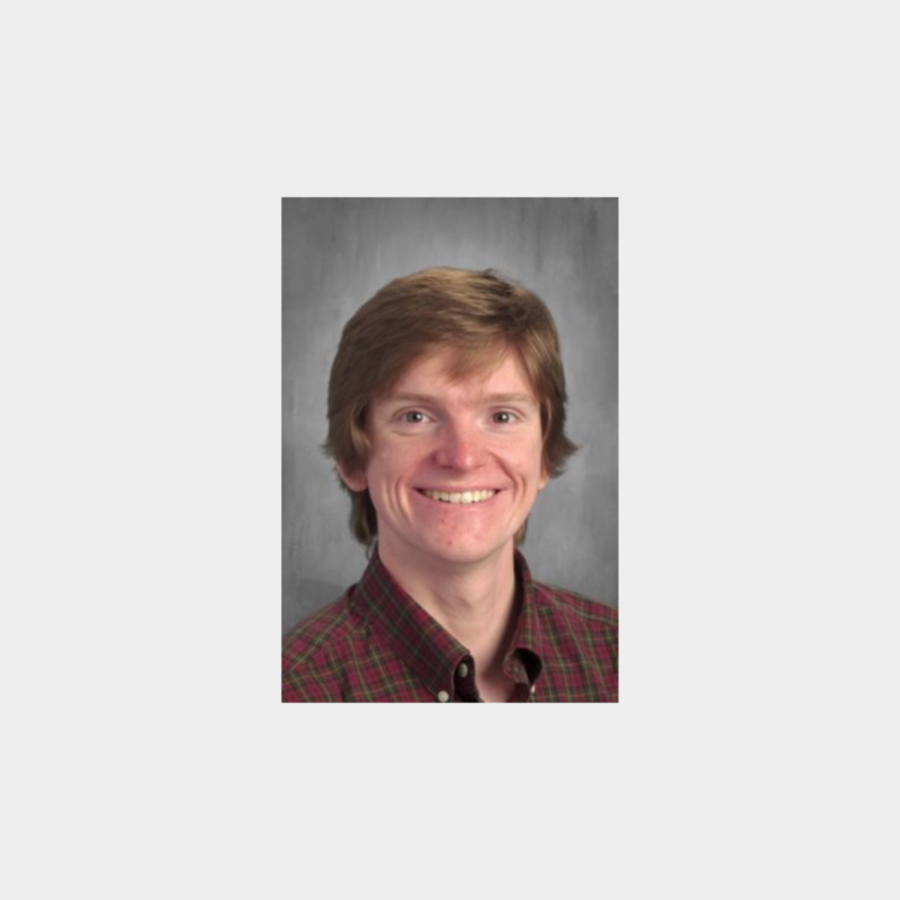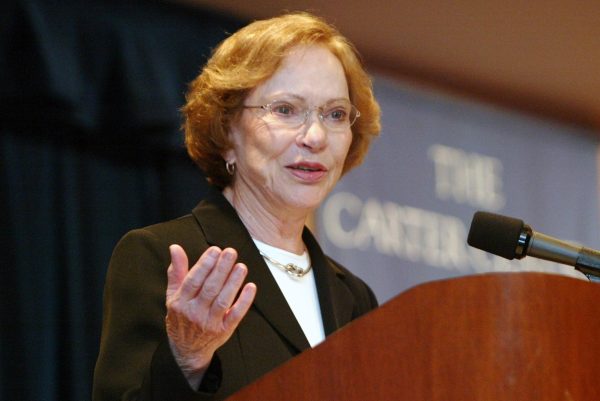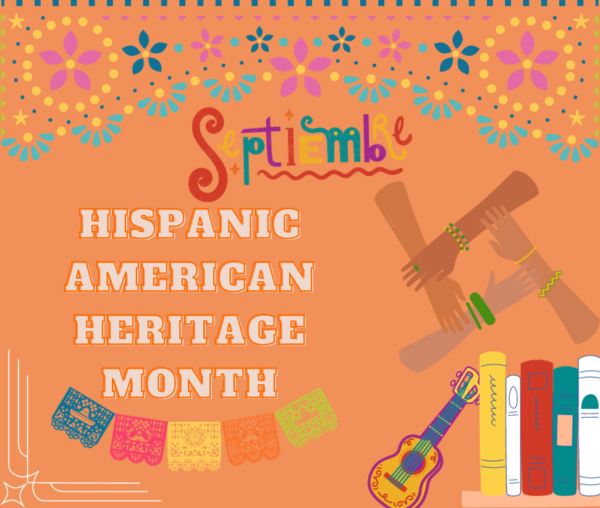Teacher Spotlight: Mr. Webb
Lifetouch_National_School_Studios_Inc.
Mr. Webb is a math teacher. The photograph was taken by Lifetouch Studios.
Mr. Webb is one of our High School Math teachers at BIM, currently in his second year of teaching at our school. Mr. Webb teaches Graph Theory, Calculus BC, Pre-Algebra, and, briefly, Linear Algebra. I chose to interview him because he has a unique but effective teaching style that I found helped me a lot as a student. This interview includes information about Mr. Webb, both in and outside the classroom, along with his unique approach to mathematics.
BIM Bulletin: What brought you to teaching?
Mr. Webb: Nothing brought me to teaching as much as just I’ve always done it. For example, in Boy Scouts, I was the instructor for the troop. I taught people first aid and ax yard safety and that sort of thing. I’ve just always taught in some capacity my whole life. It’s something I would do anyway, so why not get paid?
BIM Bulletin: What do you like about teaching at BASIS Independent McLean specifically?
Mr. Webb: I really like learning. I think it’s really fun. It’s amazing to see how quickly and how much people around here want to learn, and it really helps me learn, too, because I get a bunch of questions that I don’t know the answer to, so then I have to go figure it out and then get back to students. I think that’s really exciting, and it helps me learn a lot more about my field, too.
BIM Bulletin: As one of your students, I’ve noticed that you ask a lot of questions and prompt us to think about the answers before explaining them. What is the effect this practice has on student learning?
Mr. Webb: I try to ask questions with students so that you come up with your own knowledge. If I just tell you the knowledge, tell you the skills or instructions that you just follow. That might make sense in my head, but it’s not going to make sense in your head as much as if you come up with the skills on your own based on a challenge I’ve given you or a question I’ve asked or something like that. The idea is actually to facilitate discovery in students as much as I can.
BIM Bulletin: What makes Math special?
Mr. Webb: Math is really special because it’s a foundation for so many other fields. Physics is very closely mirrored in math, and chemistry is closely mirrored in physics, which is reliant on math, and biology is closely reliant on chemistry which is reliant on physics which is reliant on math. From biology, you can get into really interesting stuff like psychology and Humanities. In ancient Greece, you had to prove that you understood math before anyone could listen to any of your philosophical ideas. Math and philosophy have always been really closely bound as well. Not just in sciences is math foundational, but it’s also foundational in the Humanities to a certain degree as well.
BIM Bulletin: What are some of your interests outside of the classroom?
Mr. Webb: I like basketball to keep fit. I think it’s a lot of fun, and there’s a lot to think about there, too. There’s a lot to learn. In each game of basketball, I learn something new, which, again, I like to learn, so it’s fun. I really like music. I wish I was more involved in music than I am, so music theory and history and performance are all really fun. I also just like learning new things. A lot of times, that’s historical just because people have been around a while, which means that people have tried a lot of different things in history, and it’s interesting to see how those things have turned out. I read a lot, too.
BIM Bulletin: Would you consider yourself well-read?
Mr. Webb: No, because my definition of well-read is just on the horizon of what I’ve already read, so any time I read something, that’s inspired me to be curious about reading something else, which necessarily means that I’ll never be well-read. [Editor’s note: We think Mr. Webb is extraordinarily well-read! Along with your math questions, ask him what he’s reading!]
BIM Bulletin: You mentioned that in Ancient Greece they made sure someone knew math before trusting what they said about philosophy. Can you elaborate on how math is connected to the Humanities?
Mr. Webb: For the Greeks, depending on that example, I like to illustrate why that’s not a complete one-to-one comparison. The word “metaphysical” comes from “meta,” next to or after, “physika,” nature, but that’s also where we get the term “physics.” That’s just the book you read right after your book on physics. That’s kind of what the Greek concept of Math and Humanities was next to. How I understand it is that once you have a strong mathematical perception on problem-solving, then you can apply that problem-solving process to other fields, which is part of what’s so handy about Philosophy. If someone asks you to prove that you exist, then you can start from an axiom and logically conclude steps until you come to your final conclusion. For history, for English, constructing a logical proof can help you construct a convincing argument for any other topic.
Grace is a sophomore in her 8th academic year at BASIS Independent McLean. A returning
member of the BIM Bulletin staff, she covers anything from student...







